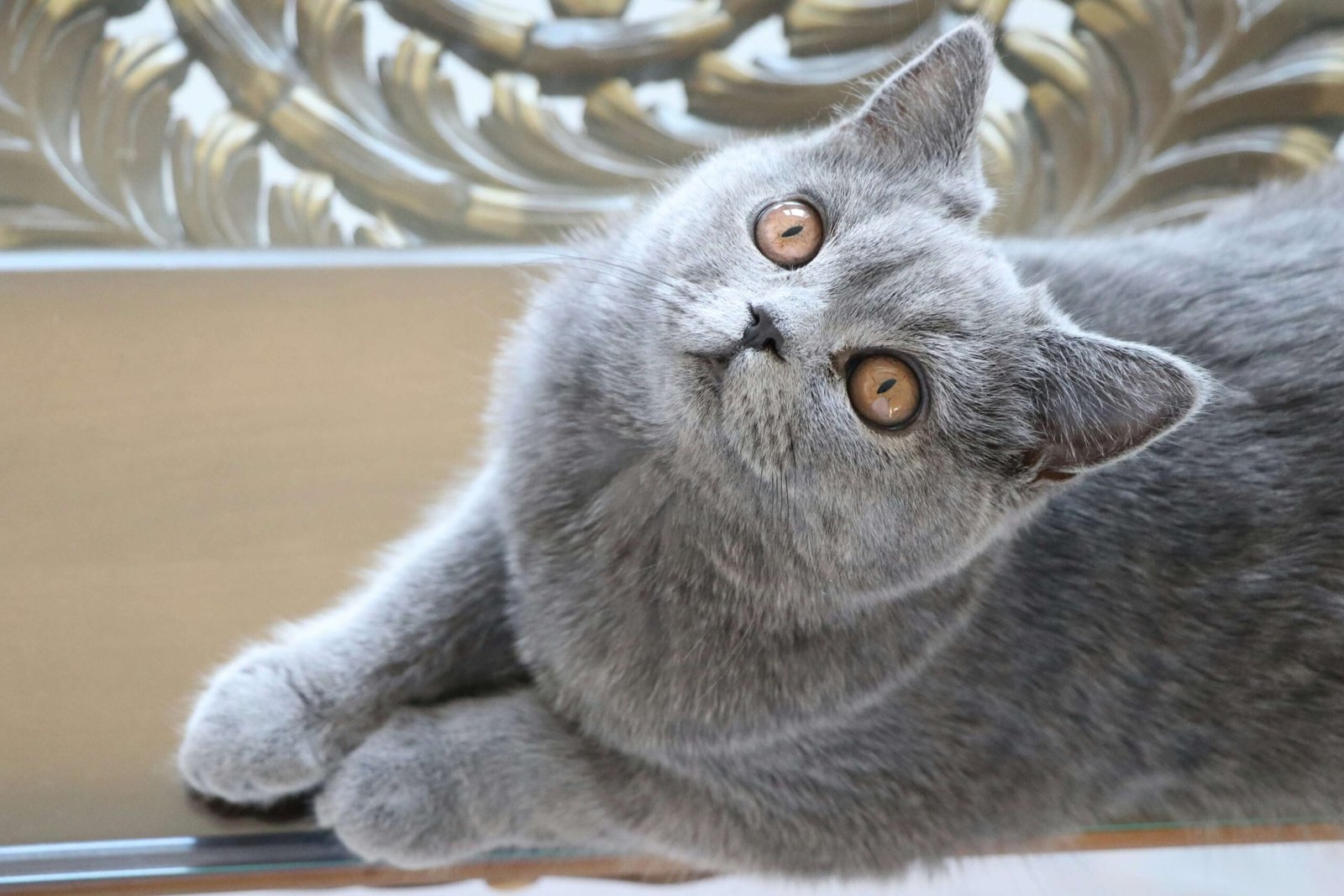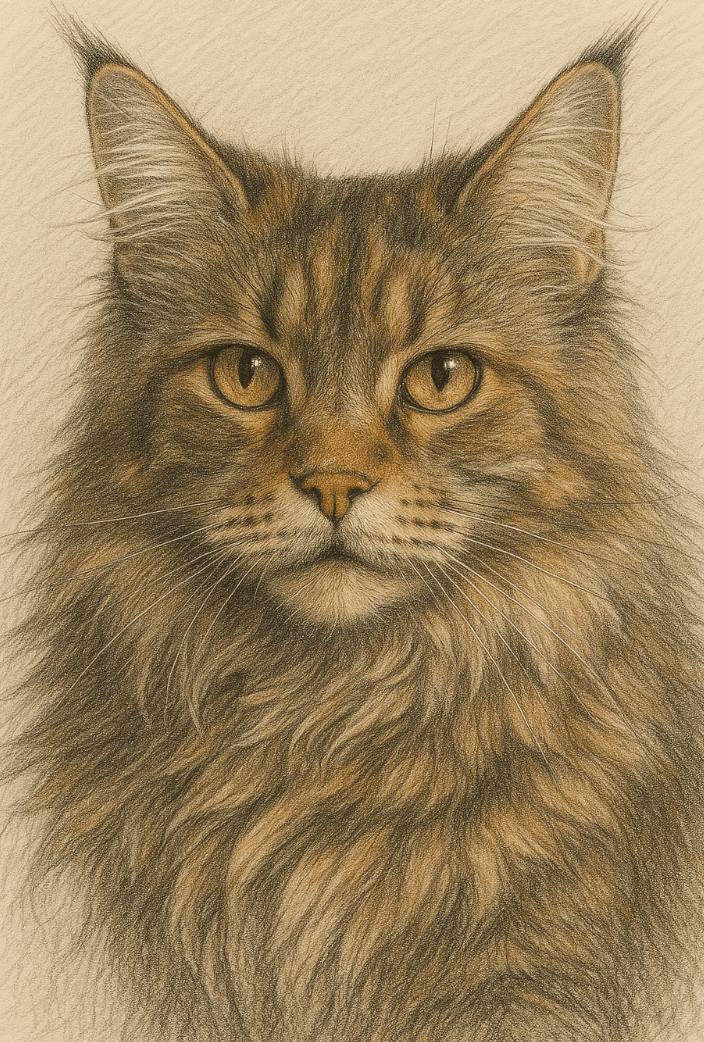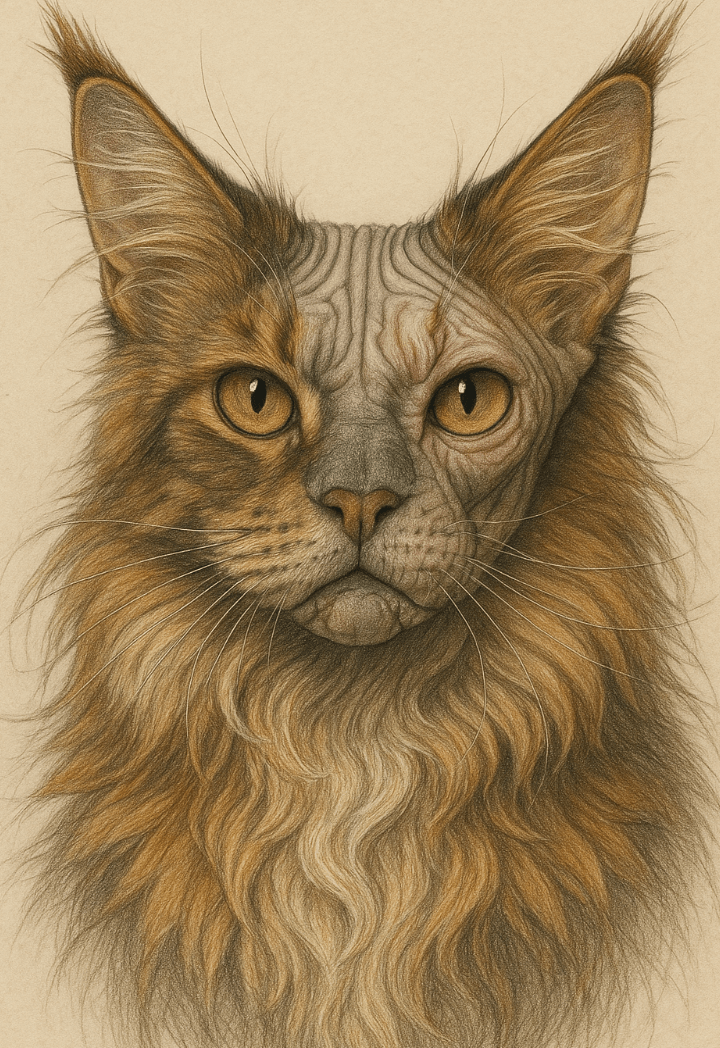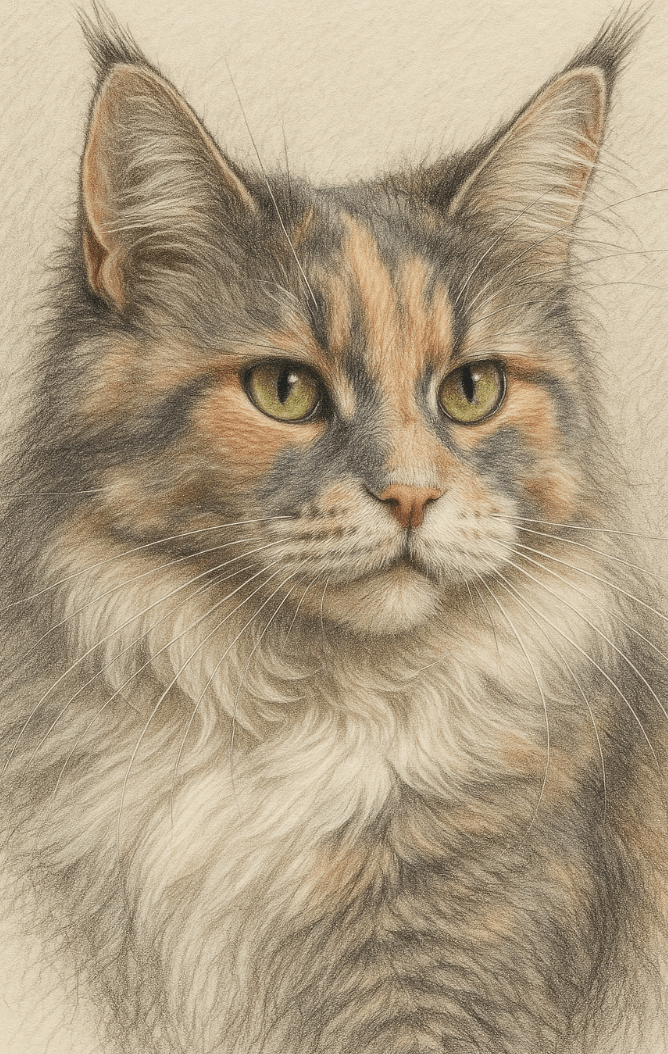How to Help a Grieving Cat: Navigating Loss with Compassion
Cats are deeply emotional creatures, capable of forming strong bonds with their human companions and fellow pets. When a significant figure in their life—whether it’s another pet or a family member—passes away, cats can experience grief just like humans do. Signs of feline grief may include changes in appetite, withdrawal, excessive vocalization, or even destructive behavior. As a loving cat owner, it’s important to recognize these signs and take steps to support your grieving cat through this difficult time. In this blog post, we’ll explore how to help a grieving cat, offering practical advice and compassionate strategies to ease their pain and restore their sense of security.
Recognizing the Signs of Grief in Cats
Understanding how cats express grief is the first step in helping them heal. While every cat is unique, there are common behaviors that indicate they’re struggling with loss. Here’s what to look for:
Changes in Appetite : A grieving cat may eat less or, in some cases, overeat as a way to cope with stress.
Altered Sleep Patterns : You might notice your cat sleeping more than usual or becoming restless at night.
Increased Vocalization : Cats may meow excessively, especially if they’re searching for the missing companion.
Withdrawal or Clinginess : Some cats become more aloof, while others seek constant attention from their owners.
Destructive Behavior : Scratching furniture or knocking items over can be a sign of frustration or confusion.
Recognizing these signs early allows you to intervene and provide the comfort your cat needs during this challenging period.
Practical Ways to Support Your Grieving Cat
Helping a grieving cat requires patience, empathy, and a few practical adjustments to their environment and routine. Here are some actionable steps you can take:
Maintain Their Routine : Stick to regular feeding, play, and grooming schedules to provide stability.
Offer Comfort Items : Leave out familiar blankets, toys, or clothing that carry comforting scents.
Create Safe Spaces : Ensure your cat has quiet, cozy areas where they can retreat when feeling overwhelmed.
Engage in Play : Gentle play sessions can distract your cat and help them release pent-up energy.
Monitor Health : Keep an eye on their physical condition and consult a vet if their behavior doesn’t improve.
By focusing on these strategies, you can create a supportive environment that helps your cat process their emotions and regain balance.
Check this guide 👉Why Is My Cat Crying Tears? Best 7 Health Tips!
Check this guide 👉Warning Signs Your Cat Is Crying for Help: Best 7 Tips!
Check this guide 👉How Long Does a Cat Hold a Grudge? Best 7 Behavior Tips!
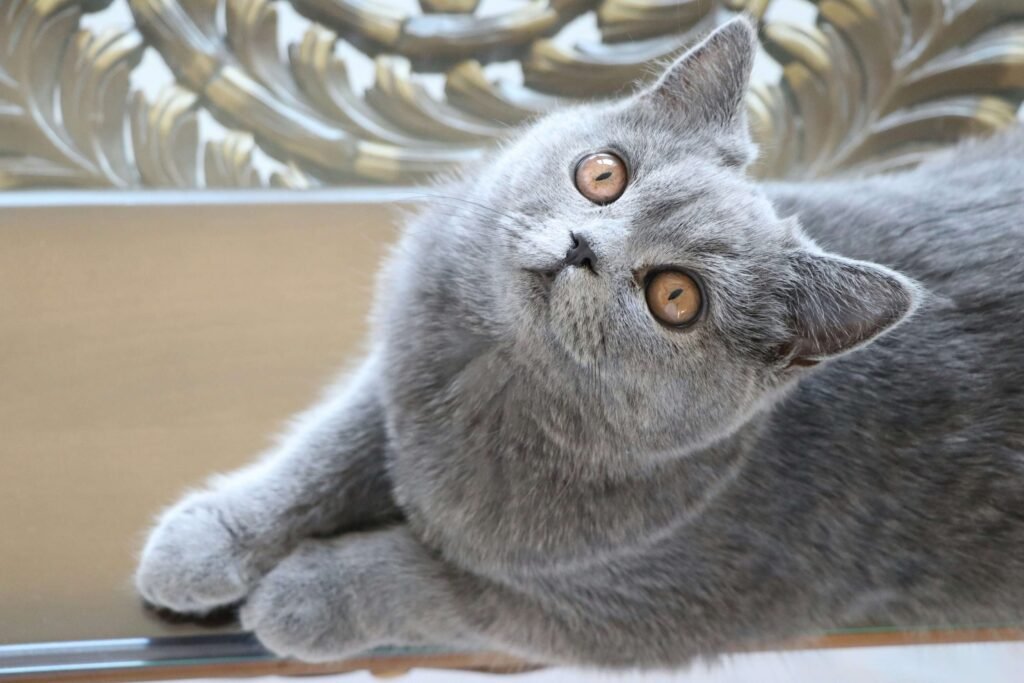
Signs of Grief | How to Help |
|---|---|
Loss of appetite | Offer favorite treats or wet food |
Excessive vocalization | Spend extra time talking or playing |
Withdrawal | Respect their space but offer gentle reassurance |
Destructive behavior | Redirect energy with interactive toys |
Restlessness | Provide calming aids like pheromone diffusers |
Emotional Support Strategies for Grieving Cats
In addition to practical measures, emotional support plays a crucial role in helping a grieving cat recover. Here are some ways to nurture their emotional well-being:
Spend Quality Time Together : Sit near your cat, stroke them gently, or simply talk to them to reinforce your bond.
Introduce New Companions Gradually : If considering a new pet, wait until your cat shows signs of recovery before introducing them.
Use Calming Products : Pheromone sprays or diffusers can reduce anxiety and promote relaxation.
Encourage Exploration : Hide treats or toys around the house to stimulate curiosity and engagement.
Be Patient : Healing takes time, so avoid pressuring your cat to “snap out” of their grief.
By combining emotional support with environmental adjustments, you can guide your cat toward a healthier state of mind.
Preventing Future Episodes of Grief
While you can’t always prevent loss, you can take steps to minimize its impact on your cat and prepare them for potential changes. Here’s how:
Socialize Your Cat Early : Introduce your cat to various people and animals to build resilience.
Foster Independence : Encourage activities that don’t rely solely on another pet or person for entertainment.
Gradual Transitions : If a change is imminent (e.g., moving or rehoming), make the shift gradual to reduce stress.
Regular Vet Check-Ups : Monitor your cat’s health to address any underlying issues that could affect their emotional state.
Build a Strong Bond : Strengthen your relationship through consistent care and affection, ensuring they feel secure.
Taking these proactive measures can help your cat cope better with future challenges and reduce the intensity of their grief.
Understanding Feline Grief: Insights into Their Emotional World
Cats are sensitive creatures, and their grief often stems from the disruption of familiar routines or the absence of a bonded companion. To better understand their emotional responses, consider these insights:
Bonding Depth : Cats form strong attachments to their owners and other pets, making loss particularly painful for them.
Environmental Awareness : Changes in the home environment, such as the absence of a scent or sound, can trigger grief.
Individual Differences : Each cat grieves differently—some may become withdrawn, while others act out.
Timeframe Variability : The grieving process can last days, weeks, or even months depending on the cat’s personality.
Physical Symptoms : Grieving cats may exhibit signs like lethargy, over-grooming, or hiding more than usual.
Understanding these nuances helps you approach your cat’s grief with greater empathy and tailor your support to their unique needs.
Creating a Calming Environment for Your Grieving Cat
A peaceful and predictable environment can significantly ease your cat’s transition through grief. Here are some ways to create a calming space:
Minimize Noise : Keep household sounds low to avoid startling or further stressing your cat.
Limit Visitors : Reduce the number of unfamiliar faces entering your home during this time.
Maintain Scents : Leave items like blankets or toys that carry the scent of the lost companion.
Provide Hiding Spots : Ensure your cat has access to quiet, enclosed spaces where they feel safe.
Use Soothing Tools : Consider products like calming music or pheromone diffusers designed for cats.
By fostering a serene atmosphere, you give your cat the space and tools they need to process their emotions and find comfort.
Strengthening Your Bond During the Healing Process
Helping your cat through grief is an opportunity to deepen your connection and reassure them of your unwavering love. Here’s how you can strengthen your bond during this time:
Gentle Affection : Offer soft strokes or sit quietly near your cat to provide reassurance without overwhelming them.
Interactive Play : Use feather wands or laser pointers to engage your cat in light play sessions.
Positive Reinforcement : Reward small milestones, like eating or playing, with treats or praise.
Shared Activities : Spend time brushing your cat or teaching them simple tricks to rebuild trust and joy.
Observe Closely : Pay attention to subtle cues in their behavior to better understand their emotional state.
Through these efforts, you not only help your cat heal but also reinforce the special bond you share, ensuring they feel loved and supported every step of the way.
Frequently Asked Questions About Helping a Grieving Cat
How long does it take for a cat to grieve?
The grieving process varies; some cats recover within weeks, while others may take months.
Should I get another pet right away?
It’s best to wait until your cat seems stable before introducing a new companion.
Can cats grieve the loss of a human?
Yes, cats can form deep bonds with humans and may show signs of grief after losing a loved one.
Are there medications to help a grieving cat?
In severe cases, a vet may prescribe anti-anxiety medication, but natural remedies are often preferred first.
What if my cat stops eating entirely?
Contact a vet immediately, as prolonged refusal to eat can lead to serious health issues.
Healing Together: Supporting Your Cat Through Grief
Grieving is a natural process, not just for humans but for our feline companions as well. By recognizing the signs of grief and taking thoughtful steps to support your cat, you can help them navigate this challenging time with love and care. Remember, healing isn’t linear—it’s a journey that requires patience, understanding, and unwavering compassion. Whether it’s maintaining routines, offering comfort items, or simply spending extra time together, your efforts will go a long way in restoring your cat’s sense of security and happiness. Through this shared experience, your bond with your cat will only grow stronger, proving once again that the connection between humans and their furry friends is truly extraordinary.
Do Maine Coon Cats Shed? Best 7 Expert Tips! Discover expert advice on managing shedding, grooming routines, and keeping your Maine Coon's coat healthy and your home fur-free.
Maine Coon Sphynx Cat: Best 7 Expert Tips! Discover expert advice on care, grooming, and living with this unique hybrid for a happy and healthy feline companion.
Maine Coon Ragdoll Cat Mix: Best 7 Expert Tips! Discover expert advice on care, grooming, and living with this affectionate hybrid for a happy and healthy feline companion.
Diluted Calico Maine Coon: Best 7 Expert Tips! Discover expert advice on care, temperament, and living with this unique feline for a happy and healthy companion.

